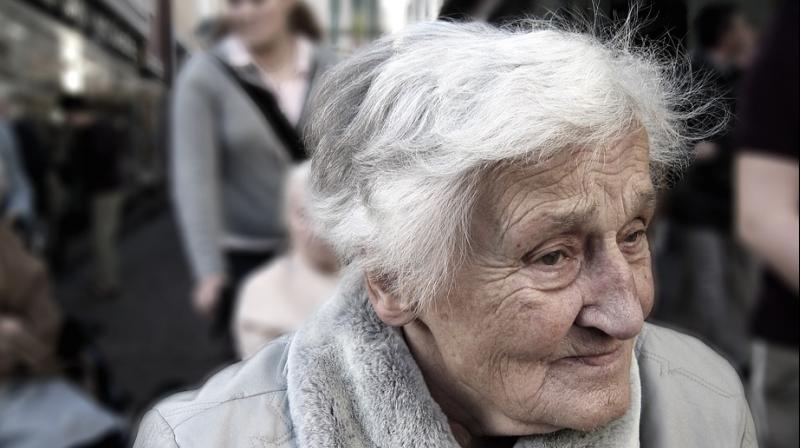Virtual reality coronation takes dementia patients down memory lane
The VR film is designed to trigger memories and emotions in dementia patients and help them re-engage with relatives.

HINDHEAD: For 93-year-old Daphne Padfield, a dementia sufferer in an English care home, the arrival of a virtual reality (VR) headset offered a window back to the day in 1953 when Britain crowned its new queen.
“Those things don’t happen too often, so we were very privileged that day,” said Padfield, casting her mind back to the coronation.
The VR film she watched is the work of a project called The Wayback, designed to trigger memories and emotions in people with dementia and help them re-engage with relatives and carers.
The first film in a planned series saw filmmakers and a 170-strong volunteer cast recreate a street party held to celebrate Queen Elizabeth’s coronation on June 2, 1953.
Users can view the film by downloading a free app onto their smartphone, which they then insert into an inexpensive virtual reality headset.
“It was born of frustration, really. I wished there’d been something around at that time that would have helped me and my family through a difficult period,” said co-creator Andy Garnett, who lost a family member who suffered from dementia.
“Using VR just seemed like a really interesting way to perhaps create a memory ...and spark a bigger conversation.”
Dementia is caused when the brain is damaged by strokes or diseases such as Alzheimer‘s. People with dementia can suffer from memory loss and difficulties with thinking, problem-solving or language.
There are over 850,000 people living with some form of dementia in Britain, with that number estimated to rise to one million by 2025, according to the Alzheimer’s Society, a charity.
At Langham Court Dementia Home in Surrey, The Wayback has been introduced for relatives and carers to use with some residents.
Sarah Chapman, a director at the home, told Reuters that the film evoked detailed recollections in those who viewed it. “It was just amazing to see them so happy,” she said.
A senior researcher at a British dementia charity welcomed VR technology as a means of helping suffers, but cautioned the technology needed to be used with care.
“For instance, some people with dementia experience what are called misperceptions,” Dr Karen Harrison-Dening, head of research and publications at Dementia UK, told Reuters via email.
“...This can lead to confusion over which images are ‘real’ or not, and may prove unsettling for the person.”
The filmmakers are planning their next work around England’s 1966 soccer World Cup victory celebrations, and also hope to expand the project to other countries.

